Common urbanist wisdom says that if you build good alternatives to driving — convenient transit, safe places to bike and walk — people will give it a try. It sounds like a rational approach to dealing with the growing gridlock in all major American cities. Unfortunately humans are an irrational species.
“[Behavioral change] doesn’t just happen because you give someone the ability to change it,” says Glenn Gadbois, executive director of Movability Austin. “Public health has learned over a long period of time that in order to really change someone’s behavior … you need to help them attach emotions and internal rewards to the behavior they’re going to change.”
Movability Austin is a transportation management association that works with downtown employers and employees in Austin to promote alternative transportation. They’re in the midst of a unique pilot project that uses a decades-old counseling technique called motivational interviewing that’s helped people deal with overeating, cigarette and drug addiction, and other problems where will power or logic often isn’t enough to change behavior.
Gadbois says Movability is using motivational interviewing to get people to “think about the pluses and minuses” of their transportation choices. Austin streets simply can’t handle the number of daily drivers.
Inrix’s annual Traffic Scorecard ranks Austin traffic fifth worst in North America. Nearly everyone in the city drives to work. According to the Census’s 2012 American Community Survey, 76 percent of Austinites drive alone and 11 percent carpool while just 2 percent take transit, 1 percent bike and 2 percent walk. Further compounding the problem, Austin’s population is exploding. From 2012-2013 it saw the second-fastest growth among major American cities.
“You can’t build enough infrastructure for infrastructure alone to be the solution,” says Gadbois. “We don’t have enough money and what money we do have cannot solve even a fraction of the problems in terms of future growth in congestion and such.”
So Movability started thinking about new ways to encourage people to choose more efficient travel modes. They discovered international consultancy Steer Davies Gleave (SDG) uses motivational interviewing to influence people’s transportation choices. Gadbois hired a SDG consultant to train his staff and interns how to conduct motivational interviews and put together the pilot project.
Motivational interviewing centers on the idea that every behavior comes with trade-offs. The interviewer asks leading questions to try and get the interviewee to think about and articulate what they’re doing now, think about the pluses and minuses of that choice, and consider alternatives.
For the Austin pilot project, Movability sends interns out for hour-and-a-half stints at lunchtime. They try to strike up conversations with passersby by asking, “how was your commute today?” They’ve gotten about one in 20 people to stop and talk. Of those people who stop, nearly all are willing to engage in a 10-minute motivational interview in which the interns walk them through questions about how they commute, the good and the bad of that mode choice, and what they think of other options.
“We’re finding a lot of people are frustrated by the minuses of driving,” Gadbois says, “but have never really worked their way through the pluses of some other options. They think about the convenience, safety and security of getting in a car by themselves and also the minus of frustrating traffic, higher costs.”
In a month and a half of interviews, Movability has gotten around 200 people to agree to try a different way of commuting. Gadbois says that’s about 35 percent of the people who’ve stopped and talked to them. After the motivational interview is complete, Movability follows up with information about how to take transit or find good bike routes. They’ve also been following up to see how many people have actually tried an alternative mode. Only about 10 percent of participants have actually done so.
Gadbois is hopeful that over the final month of their pilot that number will go up. Their target is to reach 1,000 downtown employees and get at least 400 to pledge to try a new form of transportation. He admits, “Our success rate is a little lower than we thought it would be, but it’s still better than any other technique.”
Beyond that he says their goal with the pilot is simply proof of concept. As far as Gadbois is concerned, motivational interviewing is a success. He says the City of Austin is already looking into using motivational interviewing for other public health issues related to food and active transportation based on what they’ve seen from Movability.
In the long run, it’s difficult to imagine motivational interviewing scaling up to be a standalone solution to transportation problems. One-on-one interviews are time intensive and expensive for the cash-strapped cities and nonprofits likely to utilize the technique. There aren’t enough interns in the world to reach the over 670,000 Austinites who drive alone to work. But, if successful, Movability Austin’s pilot program could prove that motivational interviewing is a good tool for transportation advocates to add to their arsenal for certain situations.
“It isn’t really about selling people on driving less,” says Gadbois. “It really is about helping them discover the mobility option that will work for them. We know that we will help enough people discover that some mobility options work better for them than driving, such that the numbers will come out in our advantage.”

Josh Cohen is Crosscut’s city reporter covering Seattle government, politics and the issues that shape life in the city.
Follow Josh .(JavaScript must be enabled to view this email address)

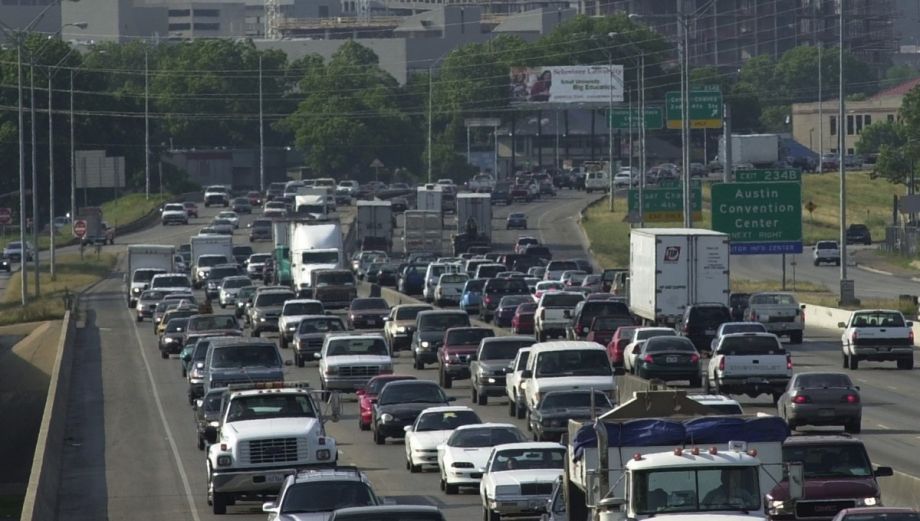
_600_350_80_s_c1.jpg)

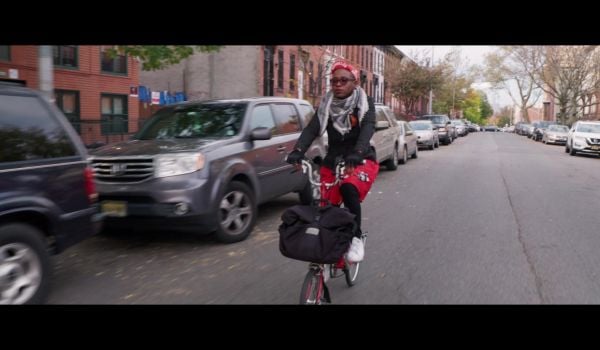

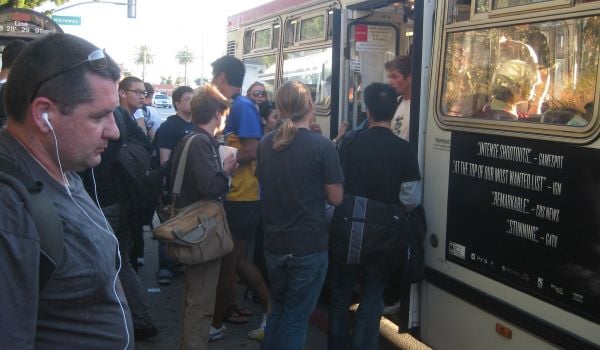
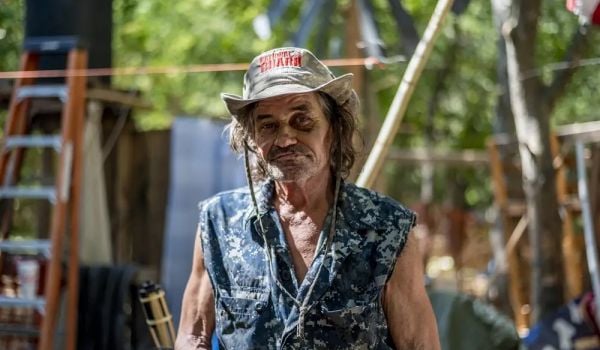
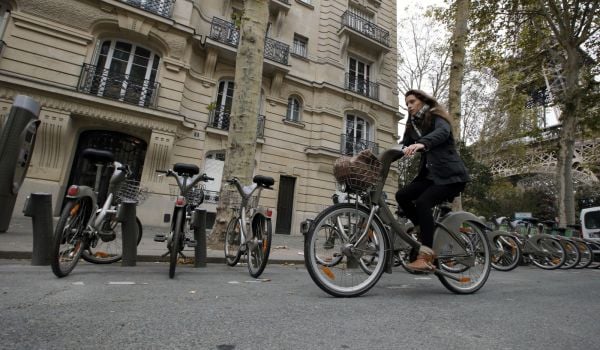
_on_a_Sunday_600_350_80_s_c1.jpeg)






